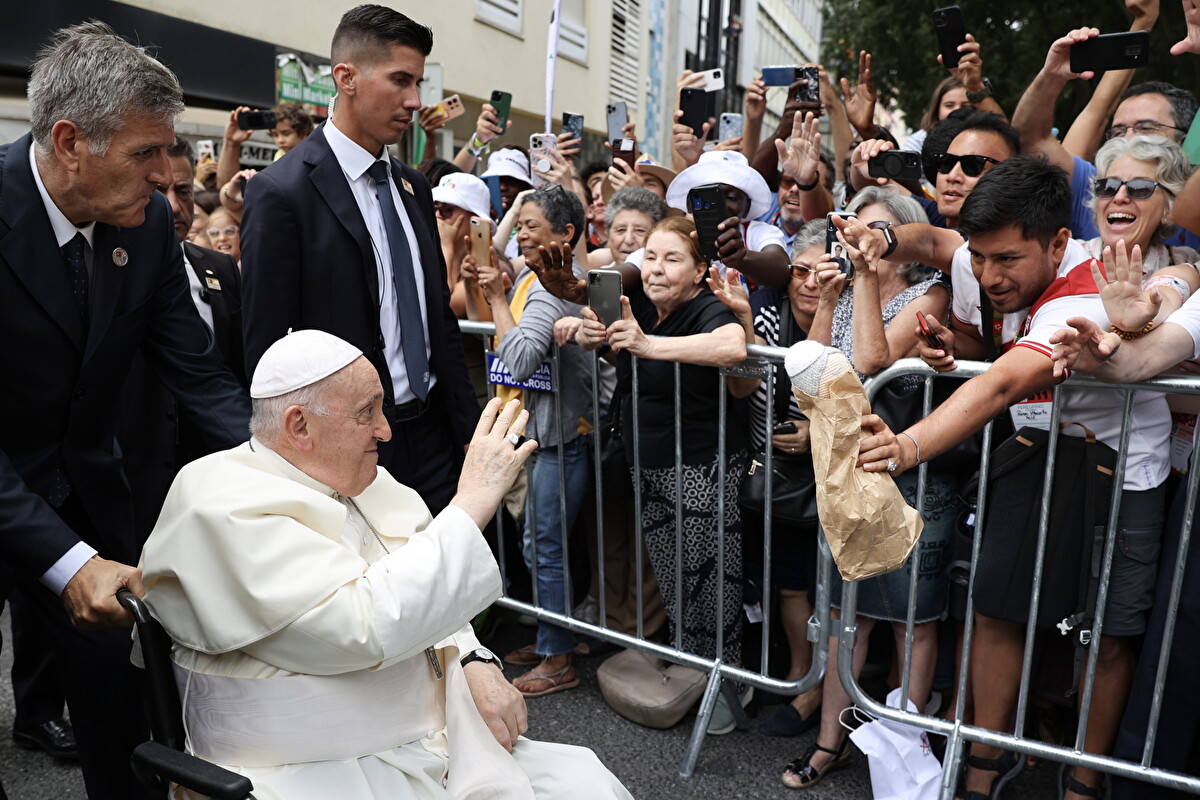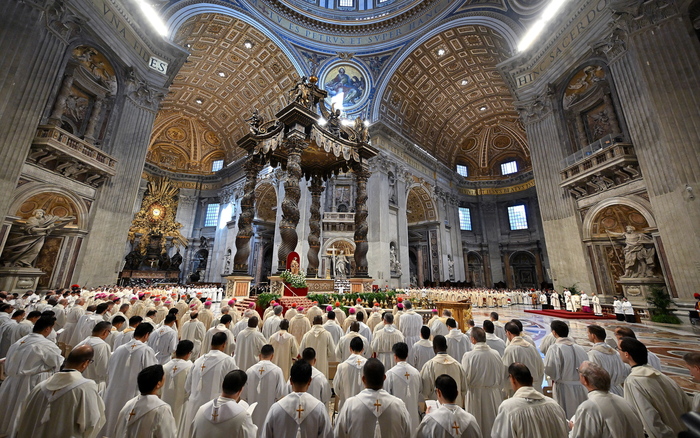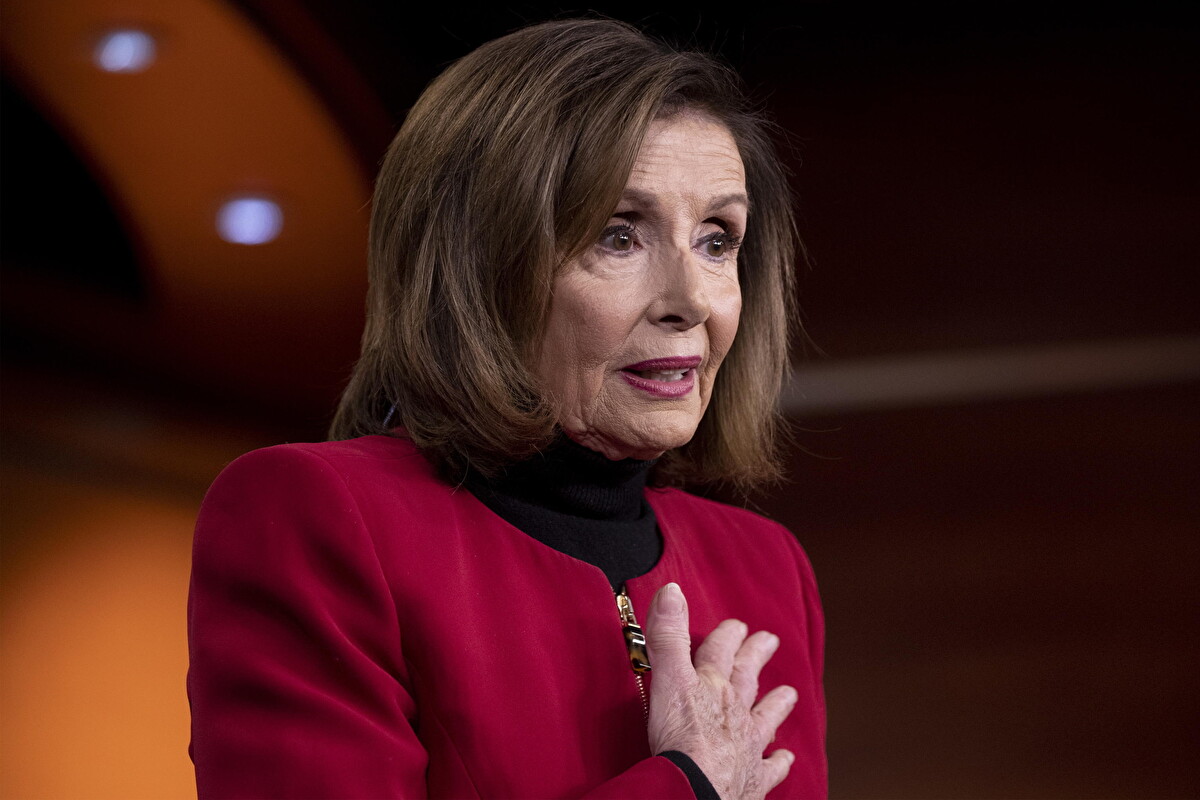Could Pope Francis change the Catholic Church’s long-held stance against same-sex couples, LGBTQ+ people and women priests? The hopes of thousands of people who feel excluded from their religious community hang on a letter the Pope sent to five conservative Cardinals from the US, Africa, Asia and Europe. Francis’s wording, albeit careful, rekindled fears for some, that he might indeed take some revolutionary steps in this last portion of his pontificate. Thus, on Monday the Cardinals decided to publish his answer.
The timing is important: a major three-week meeting – a Synod – is starting this Wednesday at the Vatican, and the issue of LGBTQ+ Catholic people and their place in the Church is on the agenda.
The Pope is not preaching that same-sex marriages be approved by the Church – a marriage, says Francis, is the union of a man and a woman – but he might support that the people involved may at least receive a blessing. This is already happening in the US and in several European countries, where liberal-minded priests defy the official Catholic position. The Congregation for the Doctrine of the Faith, the body responsible for promoting and defending Catholic beliefs, declares that “God cannot bless sin”.

The five Cardinals had originally written to the Pope in July; Francis’s answer had not reassured them, and they wrote again. The Pope did not answer, and they decided to publish his first reply.
Nobody should fear the Synod, Francis writes. Pastoral charity requires understanding, and priests cannot become judges “who only dent, reject and exclude”. This echoes feelings he has already expressed – starting with an impromptu press conference on a plane in 2013, coming back from Brazil to Rome, when he said ,“Who am I to judge a gay person who is looking for God?”. At the time, the comment received widespread attention in the media.
“Pastoral prudence must adequately discern whether there are forms of benediction, requested by one or more persons, that do not transmit a mistaken conception of marriage” writes Francis to the Cardinals. “When a benediction is requested, it is expressing a request for help from God, a plea to be able to live better”. Moreover, “although there are circumstances that objectively cannot be morally accepted, the same pastoral charity demands that we do no treat simply as ‘sinners’ people whose fault or responsibility could be attenuated by several factors”. An olive twig, if not a branch.

The issue splits a Church that never integrally accepted Pope Francis and his brand of humanitarian, understanding Catholicism, nor his push for reforms that would dent the Vatican hierarchical power. It may even provoke a schism – a threat that engulfed the Protestant community when women priests started to be ordained, and again when they were admitted to the bishopric. Some American Protestant sects were particularly resentful of the novelty pushed from London. At the time – it was 2008 and Joseph Ratzinger sat in Rome – the Catholic Church condemned vehemently the idea of a woman bishop.
On the issue, Pope Francis doesn’t write much: women have an important role in the Church, priests or not. But “it is not a dogmatic definition” and the question could be an “object of study”.
The five Cardinals who wrote to Francis are Walter Brandmueller of Germany; Raymond Burke of the U.S.; Juan Sandoval of Mexico; Robert Sarah of Guinea; and Joseph Zen of Hong Kong. The Synod in Rome could present a harsh confrontation.












